Author To Author Interview: Pam Jenoff
Cathy Lamb: Pam, I am on a tearing deadline. I need to write and write and write, but I cannot put down your book “The Winter Guest.” I am cheering for the five orphaned children of the Nowak family, their father dead, their mother dying in the Jewish hospital in Krakow. The deprivation and truly frightening times of 1940 Poland, after the Nazi’s brutally overran it, has also had me hooked.
But you’ll tell this story better than me. Give us a synopsis.
Pam Jenoff: Eighteen year old twin sisters Helena and Ruth are struggling to raise their three younger siblings in rural Poland as the war rages. Things become infinitely more complicated when Helena finds a downed Jewish American paratrooper lying wounded in the woods and shelters him in an abandoned chapel while not telling her sister.
Why Poland? Why 1940? Why this family?
My interest in Poland comes from my years as a diplomat in Krakow for the State Department, where I worked on Holocaust related issues. I became very close to survivors and was moved by my time there.
I’ve written about the era previously in books such as The Kommandant’s Girl and I was excited to return to it with a very different story. The Winter Guest is inspired by two reali-life events. First, when I worked at the Pentagon many years ago I had the opportunity to travel with my boss, the Secretary of the Army, to WWII commemorations around the globe and one was in a small cabin in the Slovak mountains where a young girl had aided the paratroopers and the partisans. In fact the actual story happened later in the war in 1944 but I wanted to set it earlier, before the Americans had formally entered the war, in order to explore some fictional aspects.
The other bit of history has to deal with bones. The Winter Guest opens in the present day with the mystery of some human bones that have been found at a development site in Poland and then goes back in time to see what happened. This is based on my experience where sometimes in Poland bones have been found, either from where the Germans killed people in unmarked graves or where cemeteries have been plowed under. This raises complex questions about whose bones and what is to be done.
Finally, I loved writing about twin sisters. In an earlier book, The Things We Cherished, I had explored relationships between brothers and I was excited to turn to sisters. I have 4 year old twin girls myself, though I can’t remember if I conceived them or the story idea first!
 I have seventeen year old twins and I have had twins in my books, too. Hard to resist writing about that relationship, isn’t it?
I have seventeen year old twins and I have had twins in my books, too. Hard to resist writing about that relationship, isn’t it?
You have degrees from the University of Pennsylvania, Cambridge and George Washington University. Which degree did you most enjoy earning, and which has helped you the most with your writing?
All of my educational experiences have contributed in different ways. GWU was the spring board – I went to Washington and was so excited about government and international affairs that I literally felt the ground shaking under my feet. Plus GWU was the springboard: at GWU I worked a part time job that would give me the contacts to work at the Pentagon and GWU paid for my scholarship to Cambridge.
Cambridge was the most magical time of my life before having kids. It was Camelot or, as my brother called it, “A party school in a castle.” Hands down, my most beloved alma mater and classmates to whom I am closest. Plus it was when I lived in the UK that I began traveling in earnest. I took the Foreign Service exam when I was in London. And my Master’s in History helps with the research.
Penn was my law degree and the single biggest thing being a lawyer has given me for writing is the ability to revise. As a young associate, senior attorneys were forever marking up my work. The same is true about editors now, and they don’t give you solutions, they give you problems to fix. I believe in the ability to take feedback from others and incorporate it in my own work with my own voice.
You’re an attorney. What do you teach at Rutgers University?
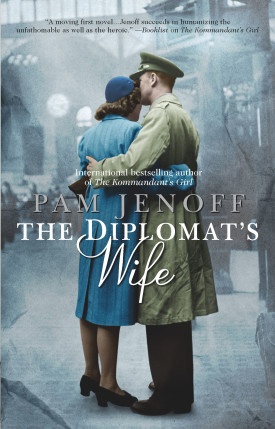 I was an attorney for many years, both at a large firm and inhouse. Now I teach full time on the faculty of Rutgers Law. I teach legal writing, employment, evidence and professionalism. I adore it – my students are hard working, with no sense of entitlement, and I will do whatever I can to help them succeed.
I was an attorney for many years, both at a large firm and inhouse. Now I teach full time on the faculty of Rutgers Law. I teach legal writing, employment, evidence and professionalism. I adore it – my students are hard working, with no sense of entitlement, and I will do whatever I can to help them succeed.
Many of my (our) readers are mothers. I hate the word ‘balance’ because I have never found balance between raising kids and working, so it makes me impatient. I seem to operate with my hair on fire most of the time, especially in summer. You have three children. How do you do it? What’s your philosophy on teaching law school, writing, children and making it work without your own hair setting itself on fire?
I joke that I do too many things and none of them well. But Anne Lamott said it better, something like (paraphrasing here) before kids I couldn’t write if there were dirty dishes in the sink; after kids I could write with a corpse in the sink. Funny but apt. You just leave the house messy and get the writing done. I work like crazy but I don’t mind because I love it all. I like to say that if I hit Powerball I would still to the same things, just more slowly.
All writers write their books differently. How do you start? Outlining? Free form? How many times do you edit the book before sending it to your editor?
I start with an idea and I throw down 150 pages of the worst junk – vomiting on the page, someone called it. And then after many months, when the document becomes unwieldy, I go back and start organizing with charts and chapters. It is the very messiest way to write a book and I don’t recommend it.
That’s a hilarious way to put it. Alright, all wanna be writers, don’t write like Pam!
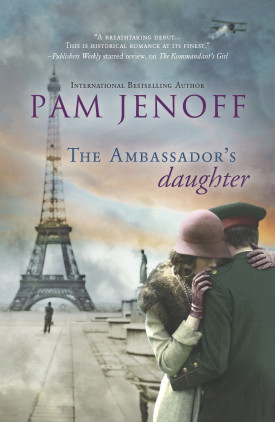 What is the hardest part about writing books/publishing for you?
What is the hardest part about writing books/publishing for you?
Creatively there is always this part I call the “dark middle” when you are trying to make it all come together. There is always a moment of light when you say “aha!” and realize that it really will be a book. But this past year, that moment was months later than usual and I was stressed out waiting for it.
On the publishing side, I just feel that so much has changed with ebooks and Amazon that no one really knows what it takes to reach readers anymore. That, and I would love to know how to reach more book clubs. I love to skype with them and they are so decentralized.
I agree. I love book clubs. They are all so different, too.
Quick questions….favorite dessert…favorite Saturday plans…three favorite classics….
My perfect Saturday would involve getting up early, writing and getting in a run, going somewhere outdoorsy with my kids and then dinner with the whole fam.
Thank you, Pam, for your time and for your excellent book The Winter Guest, I highly recommend it to you all.
www.pamjenoff.com
http://www.amazon.com/The-Winter-Guest-Pam-Jenoff/dp/0778315967/
http://www.barnesandnoble.com/w/the-winter-guest-pam-jenoff/1115951595?ean=9780778315964
http://www.indiebound.org/book/9780778315964

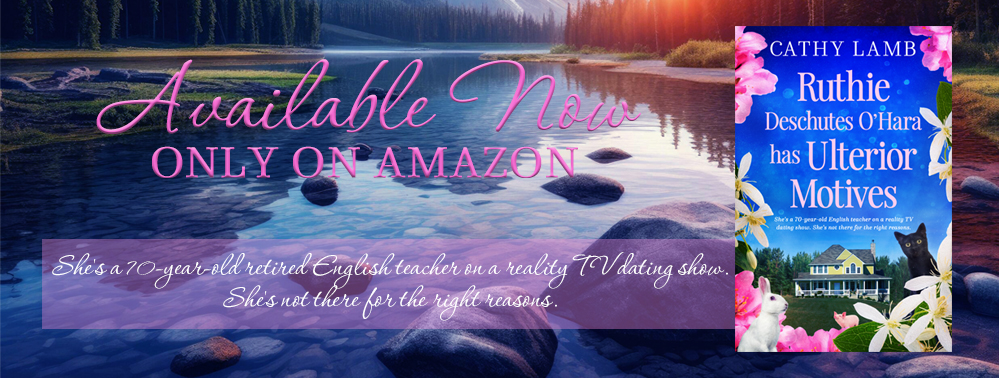
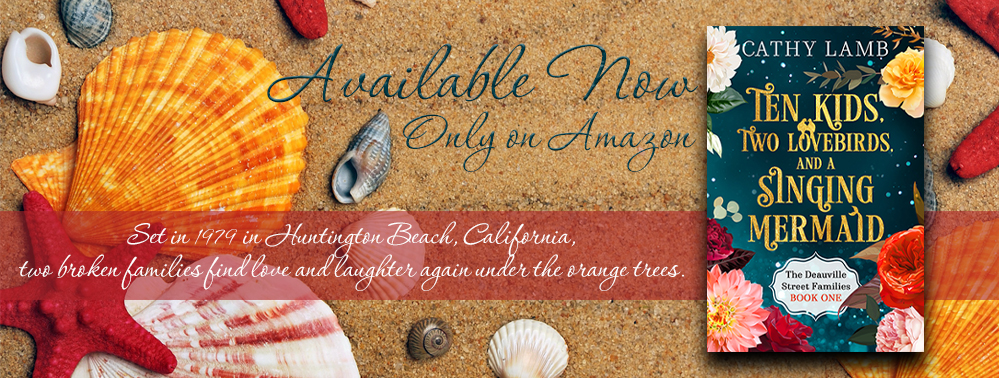

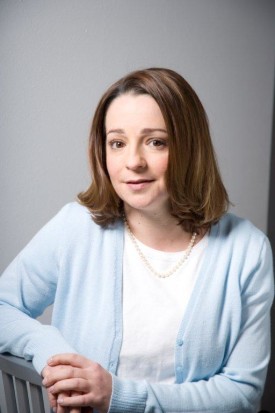
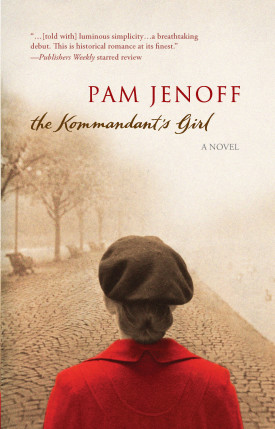





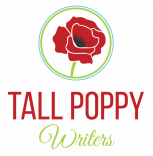
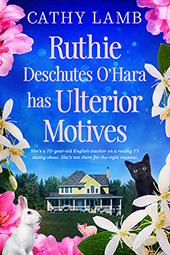
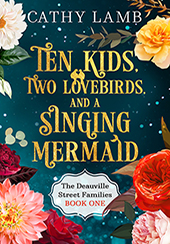
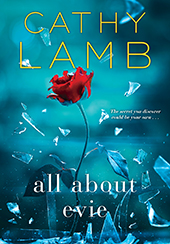
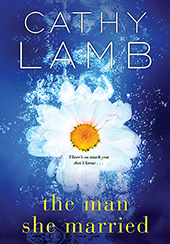
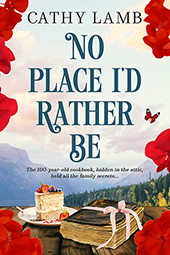
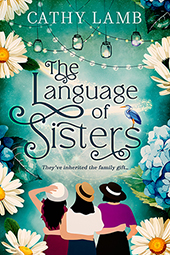
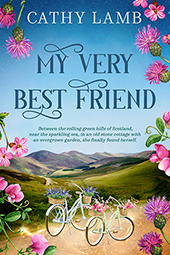
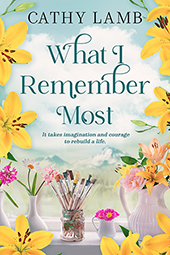
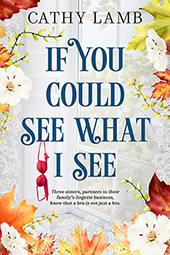
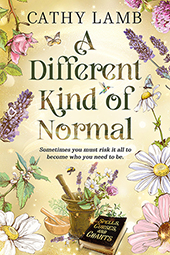
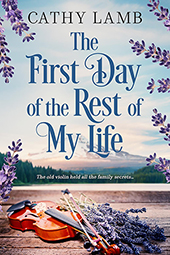
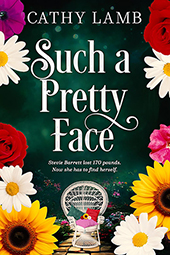
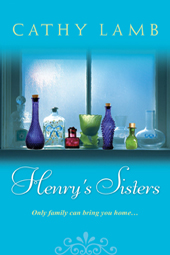
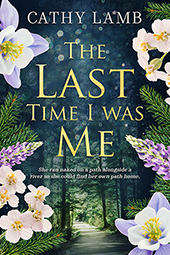
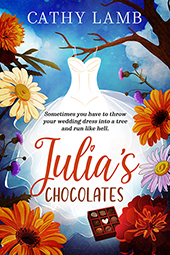

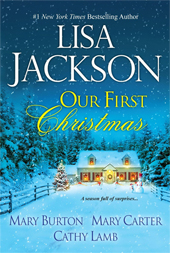
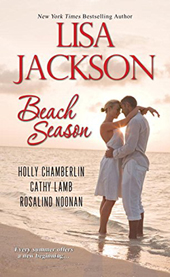
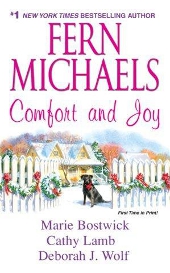
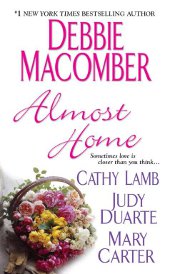
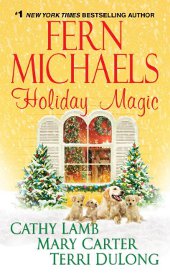

Cathy your questions for Ms. Jenoff are brilliant. Ms. Jenoff your answers are compelling and so interesting. I love this interview and I just know that I’m going to love THE WINTER GUEST. Thanks to both of you for sharing bits of yourself with us curious readers.
1Thanks so much Maryellen – I hope you like it! Do let me know.
2